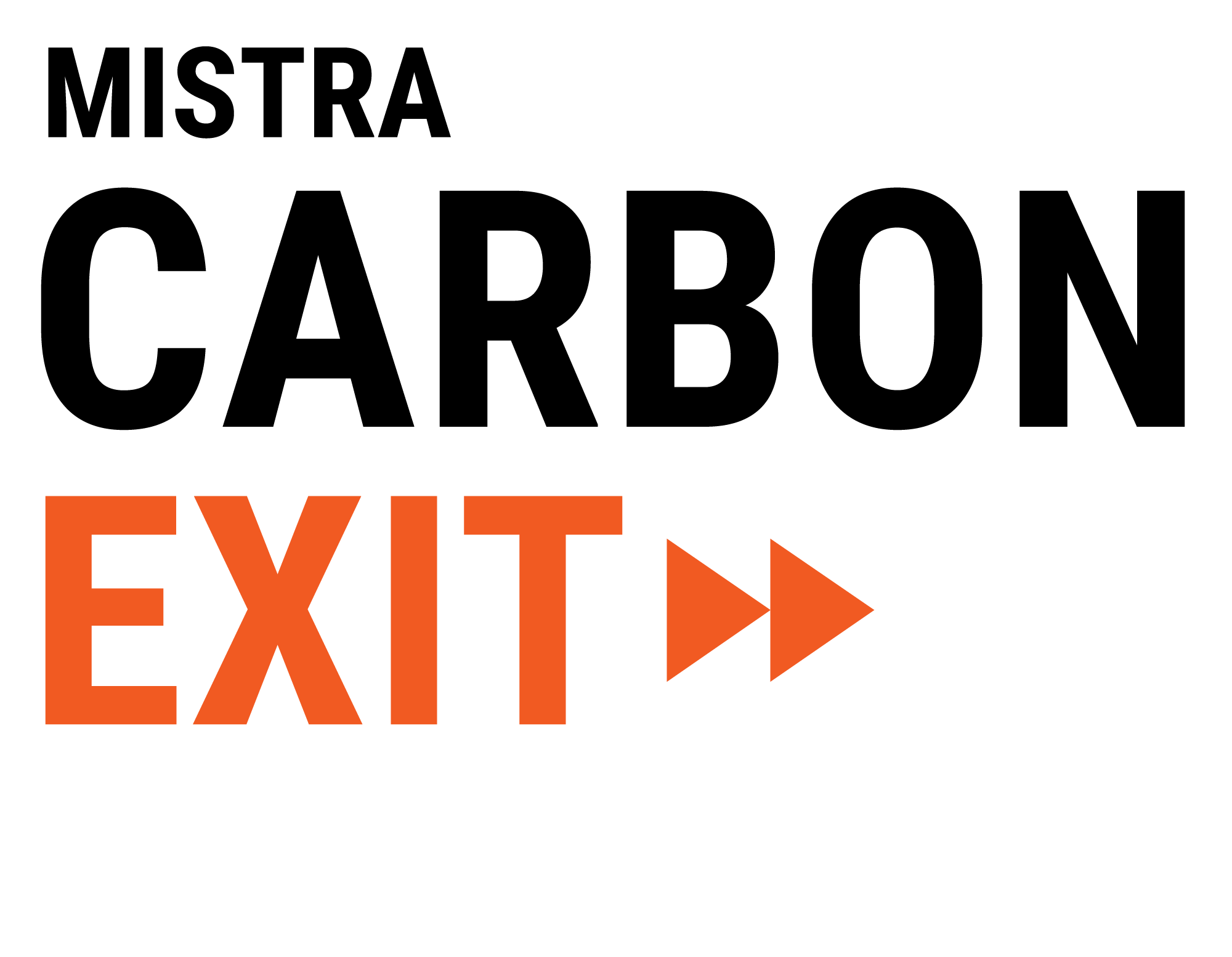Climate breakfast discussed the impacts of war in Ukraine on green transition
Lars Zetterberg and Filip Johnsson from the programme management for Mistra Carbon Exit recently presented research and conclusions on the Ukraine war’s impact on the transition in Europe. The presentation was made at a breakfast meeting with the think tank Fores, one of the partners in Mistra Carbon Exit.
The policy brief “Impacts of the Russian invasion of Ukraine on the planned green transformation in Europe” was published in July and recently updated. The paper examines the immediate and longer-term impacts on the green transition in Sweden and in the EU, focusing on the energy systems, the supply of critical minerals, and policy implications for the Green Deal and Fit-for-55 package.
The background is, of course, how Russia’s war on Ukraine has changed the European security order. The war has ramifications for the entire European economy and the transformation of European economies to climate neutrality.
Russian fossil fuels
This is a consequence of Europe's heavy dependence on Russian gas for heating.
Politicians and policymakers across the EU, and at the national level in Sweden, have expressed that this new situation should be used to accelerate the transition of energy systems to comply with climate targets and to minimize dependency on fossil fuels in general, and on fossil fuels from Russia in particular.
Yet, there are indications that decisions made are not necessarily in line with this ambition. The dependency on fossil fuels from Russia is difficult to eliminate in the short term.
Increasing emissions
- What we are seeing now is that emissions are instead increasing in Europe as Russian gas is phased out. For the green transition, this development means that things will get worse before they get better, says Lars Zetterberg, program director for Mistra Carbon Exit.
- We have had plenty of cheap energy, which means that the incentives to improve efficiency have been lacking. Now the incentives are coming, but so quickly that it's hard to keep up, says Filip Johnson, vice program director.
You can download the report here: Impacts of the Russian invasion of Ukraine on the planned green transformation in Europe
The recording from Fore’s breakfast meeting (Swedish only). From left: Filip Johnsson, Chalmers University of Technology, Åsa-Britt Karlsson, Fores and Lars Zetterberg, IVL Swedish Environmental Research Institute.

